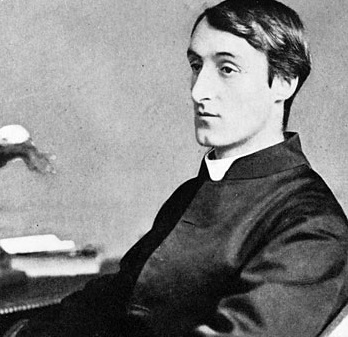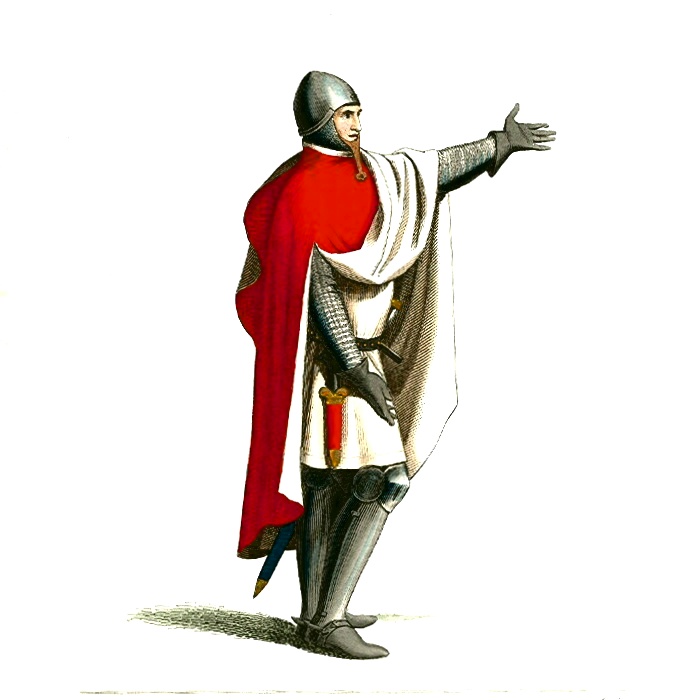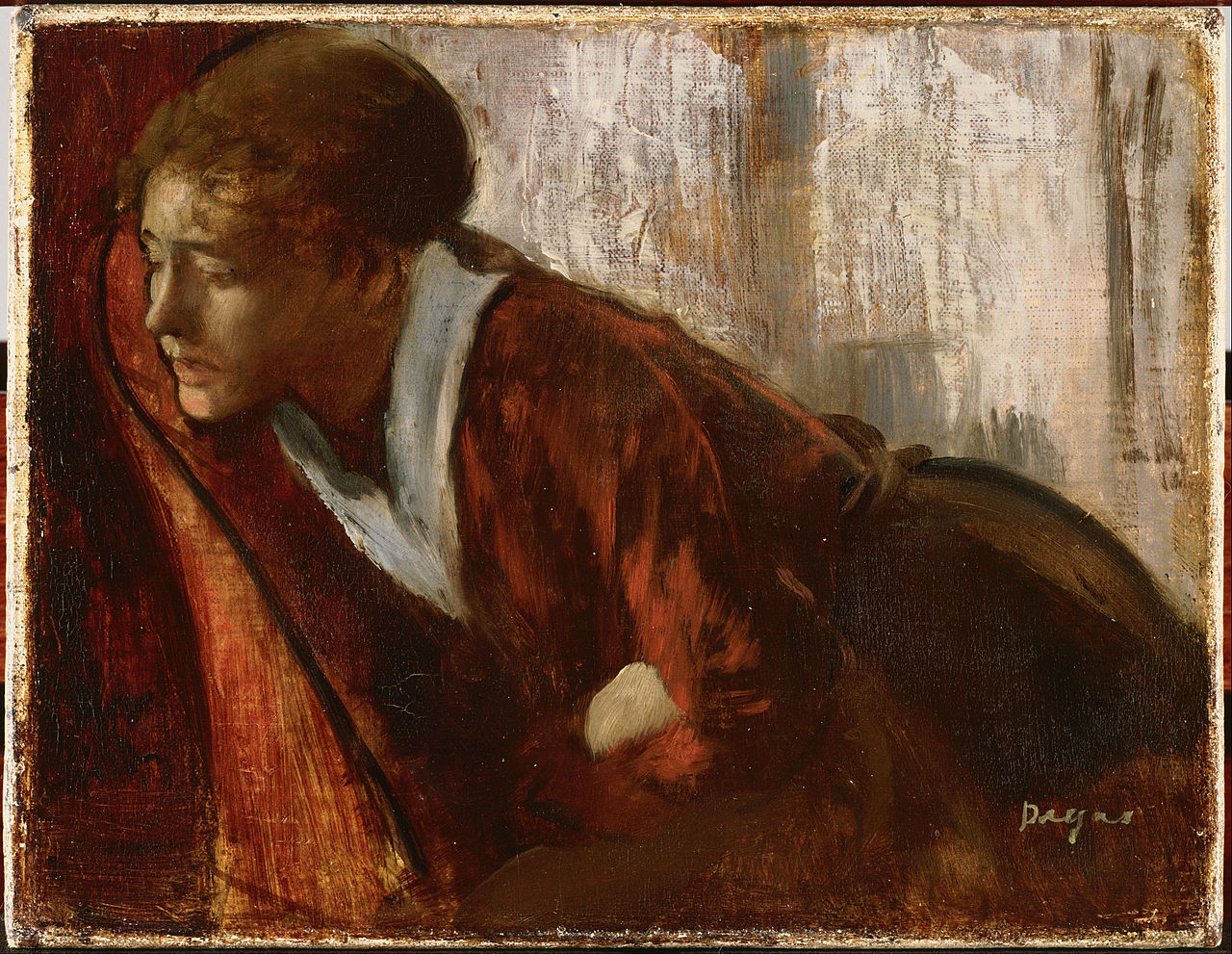About the author: Gerard Manley Hopkins born on 28 July, 1844 was not just an English poet, he was a Catholic and was also a Jesuit priest; and needless to say, whose extravagant contribution in the world of literature established him among the leading Victorian poets. He was an innovative writer who has the patent of sprung rhythm. Though he had several themes inculcated in his works, two themes are seen to have dominated most of his works: nature and religion. Hopkins was born in Stratford, Essex; and christened at the Angelic church of St. John’s, Stratford. He studied classics at Balliol College, Oxford in 1863 and continued studying there until 1867.
He was extremely impressed by Christina Rossetti’s works, who became one of his greatest contemporary influences in the later years. He was tutored by a renowned critic Walter Pater, in 1866. His considerably the most ascetic poem, The Habit of Perfection, was composed on 18 January, 1866. In 1884, he became a Greek and Latin professor at University College Dublin. But because of his conflict with the Irish politics, he was not a very effective professor. Having uttered his last “I am so happy, I am so happy. I loved my life” he died of typhoid fever in 1889.
Poetic devices in God’s Grandeur by G.M. Hopkins
METAPHOR: Line 1: the presence earth as an undercurrent has been representing through the word “charged”.
SIMILE: Line 2: “flame out, like shining from shook foil”; the world is temporary and will hence wear out like a flame.
Line 3-4: “it gathers to a greatness, like the ooze of oil”; it implies to the temporary nature of earth, where once it reaches its peak will definitely fall.
SYMBOL: Line 4: “rod” is the symbol of God’s wrath.
ONOMATOPOEIA: Line 5: “trod” has been repeated thrice.
PERSONIFICATION: Line 7: earth has been personified by the use of the word “wear”.
SYNECDOCHE: Line 7-8: “soil” stands for all that has been taken away from the surface of earth. The “foot” has been experiencing alienation due to the interference of the shoe. This image stands in for the whole of the human race, and its isolation from nature.
God’s Grandeur Summary by G.M. Hopkins
The poem is a Petrarchan sonnet, which is “a sonnet form popularized by Petrarch consisting of an octave with the rhyme scheme abbaabba and of a sestet with one of several rhyme schemes, as cdecde or cdcdcd. The poem is heavily dominated by the concept of God and his presence on earth; his vitality and his power. His power is undeniable, even though nothing is permanent n earth not the even earth itself, his power remains constant. The speaker expresses his feelings in the poem, saying that nature, the natural world is inseparable from the deity. The speaker questions the innocence of some people who are either oblivious to the power of God or fails to recognize it. The world in which in every spectrum the God is present and one can feel the strong presence of his power, but men irrespective of this has been destroying and polluting the surface of the earth, they have built series of industry and has been corrupting the innocence of earth. The speaker seems to state all the human activities which have destructed the innocence of Mother Earth.
People have polluted earth to such an extent that it has started to smell like the bad human activities. The ground which was once green and flowery is now harsh; people have to wear shoes, hence they have lost the physical contact with nature. But suddenly the speaker seems to change his tone to a positive note and happily assures the reader that though nature is taken for granted by the inhabitants of the world, still it remains there, like hidden spring. It is like the momentary presence of the sun, which sets down with a promise to rise again the next day, making the day brighter after the dark night. The speaker assures the readers that God is always present near us; hence after every night, there is a new day, a new beginning. The Lord takes care of us and the world, in spite of all our wrong doings, He gives us comfort, protection, and illimitable love.
God’s Grandeur Analysis by G.M. Hopkins
The poem begins with an impactful metaphor: “the world is charged with the grandeur of God”, giving the presence of God on earth an electronic feel, which is always present as an undercurrent. From the very beginning the poet makes it clear that God is omnipresent, though we can’t always see him, we can definitely feel his presence. It builds an immense amount of pressure which can disrupt anytime in an outstanding manner. The poet uses more imagery to show the impact of such a disruption. The optical effect of “shook foil” is one such example. The image of extracting oil from olive oil is another example of showing the pressure built up. The image of electricity again makes a vague appearance
The image of electricity again makes a vague appearance on the fourth line with the word “rod” which brings to the readers mind the image of a lightning rod in which excess electricity in the atmosphere may “flame out”. Very skilfully the various images of mystery, divinity and religious traditions have been juxtaposed in a harmony. The techniques that have been used in the poem are a genius, line 5 is the evidence of that. The use of “have trod” thrice, captures the attention of the reader and thereby emphasizes on the depression that is like an undertone of the poem. Line 6 is the proof that the poet is not to the industrialization, trade or commerce. The use of the word “seared” which means something that is burnt on the surface, is very interesting, which will later in the poem bring a positive mood in the poem; it hints that the world though in a pathetic condition doesn’t mean has no hope at all. The Same trick is applied to the word “bleared”, which points to the clear vision of the future; a metaphorical portrayal of hope.
Line 7 shows how much the poet despises the human interference with the natural beauty; he seems like complaining about the “smudge” that man has left on nature; nature now “shares man’s smell” as well. It is mournful, as “the soil/ is bare now” it has been polluted, nothing grows in it, our foot has lost contact with the soil, a sense of alienation is created by the poet here. With line 9 a sense of positivity enters the poem. The poet assures his readers that even though nature has tolerated all the nuances of humans, “nature is never spent”. The freshness and purity of nature are always present deep down. Lines 11 and 12 are invested in elaborating the same feeling, where the poet takes up the example of the sun which sets in the West but only to rise again the next day to bring back light after the dark night; a sense of hope. And this is possible only because the Deity is omnipresent, who has blessed the world and has protected it in his “warm breast”.
Tone of the poem: The poem starts off on a pretty much complaining note, which has a depressing and few traces of frustration tone to it. But this tone is completely replaced by a positive one when the poet conveys a very hopeful message to all his readers. In spite of all the corruption that nature has been exposed to cannot wipe away its purity completely as God as an omnipresent Deity has protected it with all its power and care.
Conclusion: The poem exhibits the poetic skills of Hopkins, as very beautifully he has depicted, first, the way in which the earth has lost its original demeanour, next he explains and sights the causes for this fate, and finally in the conclusion he proves his point from the initial lines that God is present as an undercurrent and influences our world with His power, and protects us with his care.
Some online learning platforms provide certifications, while others are designed to simply grow your skills in your personal and professional life. Including Masterclass and Coursera, here are our recommendations for the best online learning platforms you can sign up for today.
The 7 Best Online Learning Platforms of 2022
- Best Overall: Coursera
- Best for Niche Topics: Udemy
- Best for Creative Fields: Skillshare
- Best for Celebrity Lessons: MasterClass
- Best for STEM: EdX
- Best for Career Building: Udacity
- Best for Data Learning: Pluralsight









